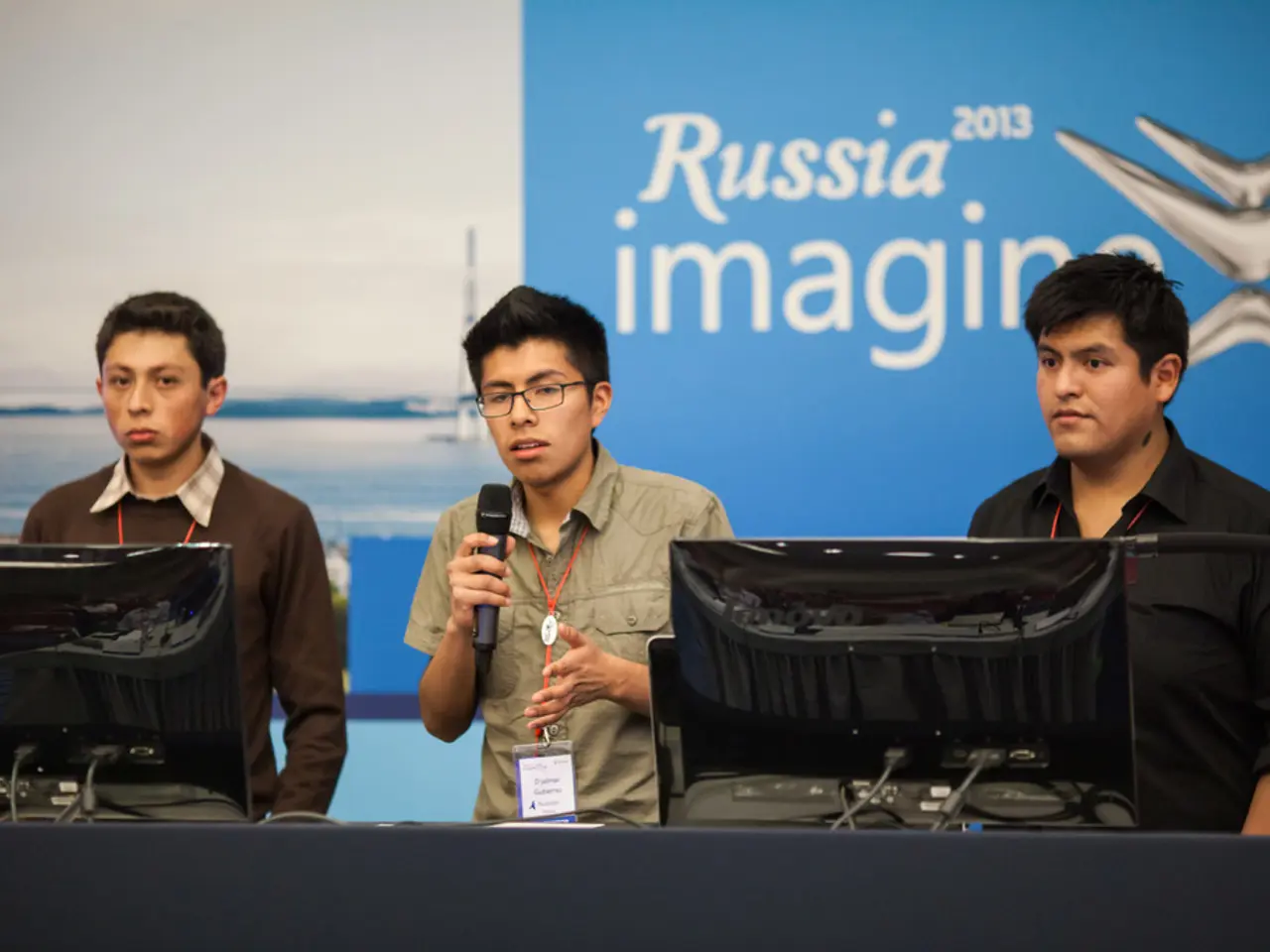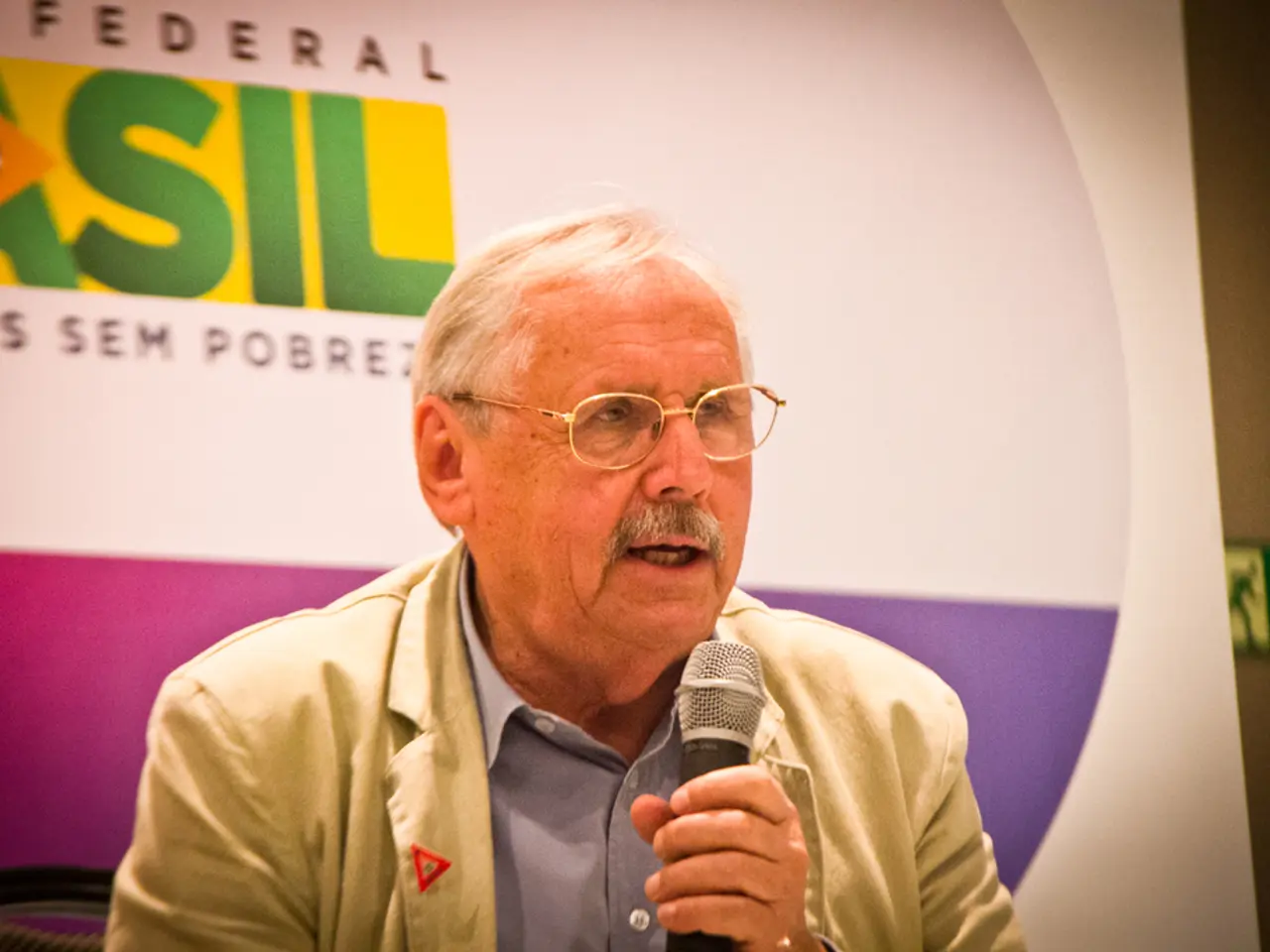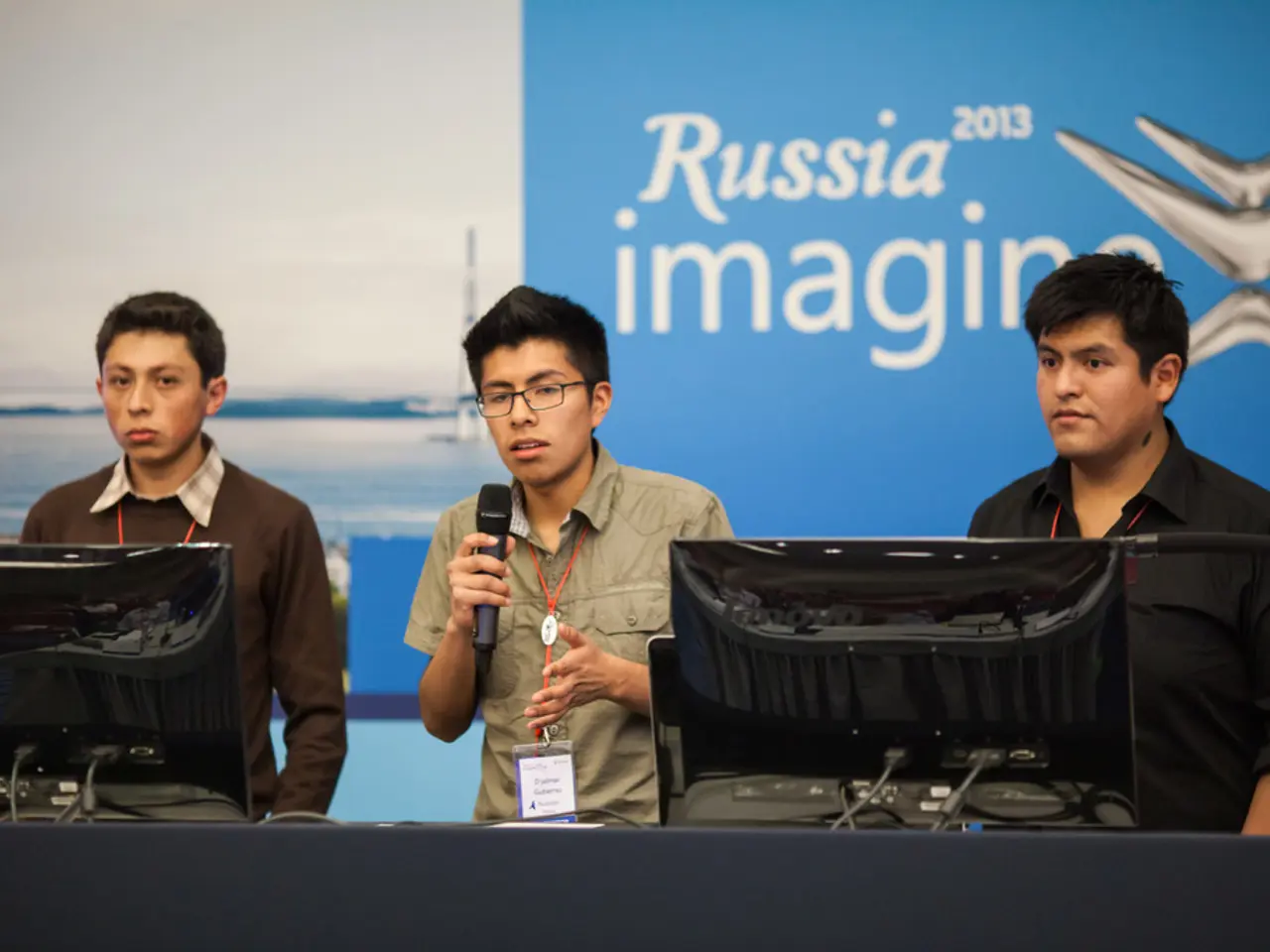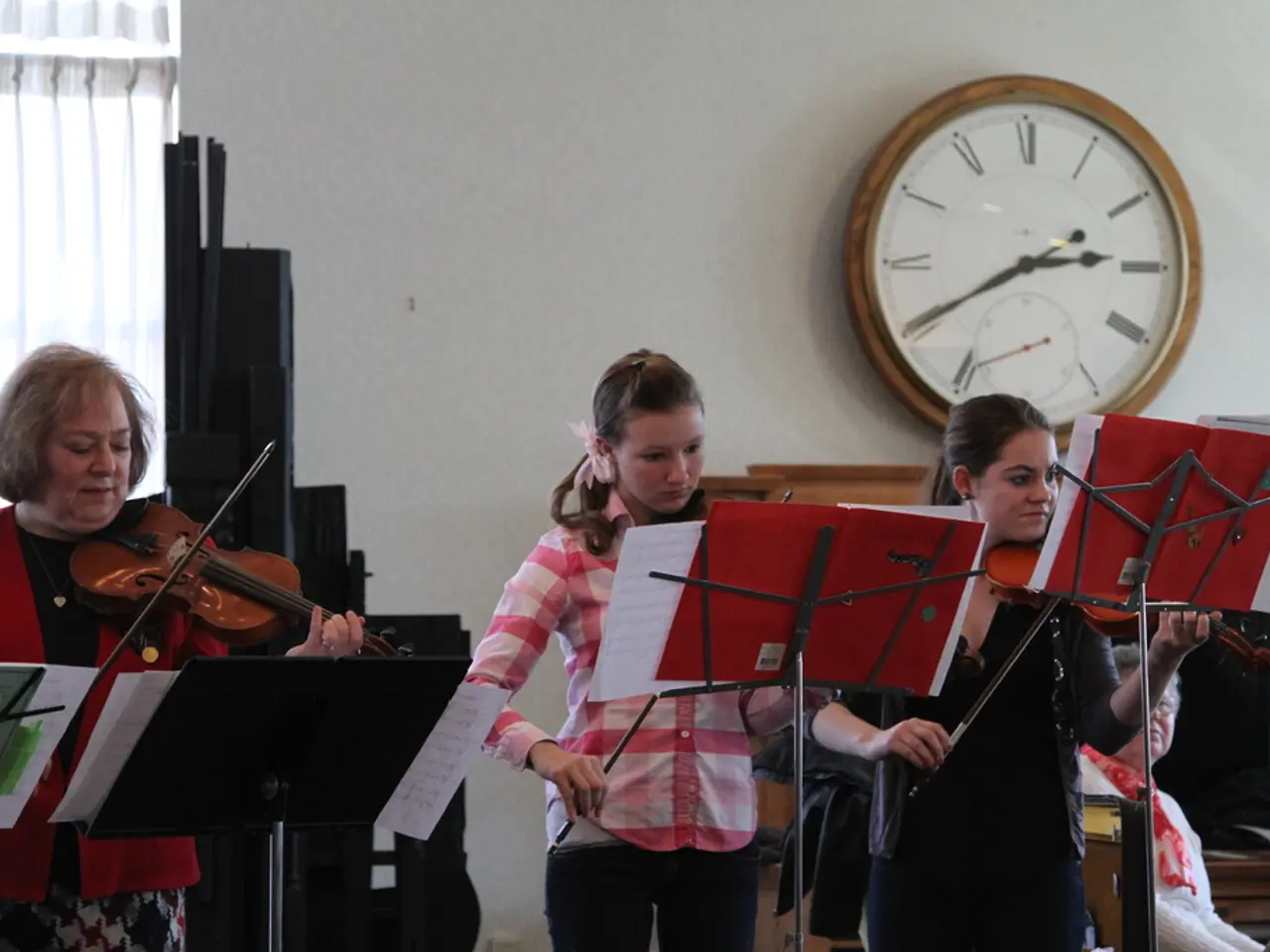Diplomatic Ties Strain: U.S. and Colombia Recall Ambassadors Amidst Deepening Dispute; Investigation Launched in Colombia over Alleged Coup Attempt against President Petro.
The diplomatic relationship between the United States and Colombia has hit a significant low point, following allegations of a plot against Colombia's left-wing President Gustavo Petro. The tensions have led to the recalling of ambassadors and ongoing investigations into alleged plots involving political elites and foreign actors [1][2][4][5].
The United States recalled its top diplomat in Colombia for "urgent consultations" in response to what the U.S. State Department described as "baseless and reprehensible statements" from high levels of the Colombian government. Although the specifics of the offending remarks were not disclosed, the U.S. emphasized that, despite these tensions, Colombia remains an essential strategic partner and expressed a commitment to cooperation on shared priorities like regional security and stability [2].
The current crisis stems from President Petro's accusations last month that the U.S. and right-wing extremists plotted to overthrow his government. Petro claimed a far-right Colombian leader had communicated with U.S. Secretary of State Marco Rubio, although no names were directly given. In addition, Colombia's refusal to extradite two guerrilla leaders wanted by the U.S. on drug trafficking charges further strained relations [2].
Matters have been complicated by leaked audios allegedly involving Colombian political figures—including former Foreign Minister Álvaro Leyva—revealing discussions with U.S. politicians about intervention against Petro’s government. These revelations have prompted calls for public and judicial accountability by President Petro, highlighting deep internal divides and suspicions of foreign interference [4].
The diplomatic ties that were once taken for granted might now be unravelling. Colombia was until recently one of the U.S.'s closest partners in Latin America, but bilateral relations have sharply deteriorated. The U.S. briefly suspended consular services in response to Petro's refusal to allow U.S. military planes to return Colombian refugees and migrants. The two countries issued threats and counter-threats of crippling trade tariffs of up to 50 percent [3].
In a surprising turn of events, Colombia's Foreign Minister, Alvaro Leyva, resigned earlier on Thursday, and the Spanish daily El Pais published recordings implicating Leyva in the alleged plot [6]. Laura Sarabia, who was also Petro's former chief of staff, also resigned due to decisions she does not agree with.
Despite the ongoing tensions, Petro has stated that he does not believe that US Secretary of State Marco Rubio is "in the midst of a coup d'etat" against his government [7]. A backroom diplomatic deal involving the deployment of Colombian air force planes averted a looming trade war at the eleventh hour [8].
The current situation is worrisome due to the unclear future, as the first crisis between the two countries over the deportation of migrants was resolved quickly in January, but the current situation is more complex and potentially volatile [1]. Al Jazeera's Alessandro Rampietti reported that the eruption of violence raised fears of a return to the darker days of previous decades, of assassinations and bombings [1].
- The ongoing political crisis in Colombia, marked by accusations of foreign interference and allegations of plots against President Gustavo Petro, could lead to further worsening in relations with the United States, a major strategic partner on issues like war-and-conflicts, crime-and-justice, and general news.
- War-and-conflicts and crime-and-justice are not the only areas where tensions arise, as Colombia's stance regarding the extradition of wanted guerrilla leaders has also strained relations with the United States, putting diplomatic ties at risk.
- The alleged involvement of Colombian political figures in plots and discussions with foreign actors, as seen in the leaked audios implicating former Foreign Minister Álvaro Leyva and his subsequent resignation, has raised concerns about internal politics and potential foreign interference, contributing to the increased complexity of the current crisis.






